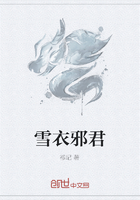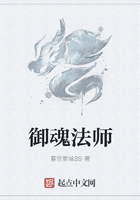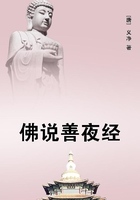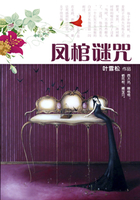I had the discretion not to inform Murat how correctly he had divined the plans of the Emperor and his projects as to Italy, but in regard to the Continental system, which, perhaps, the reader will be inclined to call my great stalking-horse, I spoke of it as I had done to the Prince of Sweden, and I perceived that he was fully disposed to follow my advice, as experience has sufficiently proved. It was in fact the Continental system which separated the interests of Murat from those of the Emperor, and which compelled the new King of Naples to form alliances amongst the Princes at war with France. Different opinions have been entertained on this Subject; mine is, that the Marshal of the Empire was wrong, but the King of Naples right.
The Princes and Dukes of the Empire must pardon me for so often designating them by their Republican names. The Marshals set less value on their titles of nobility than the Dukes and Counts selected from among the civilians. Of all the sons of the Republic Regnault de St. Jean d'Angely was the most gratified at being a Count, whilst, among the fathers of the Revolution no one could regard with greater disdain than Fouche his title of Duke of Otranto; he congratulated himself upon its possession only once, and that was after the fall of the Empire.
I have expressed my dislike of Fouche; and the reason of that feeling was, that I could not endure his system of making the police a government within a government. He had left Paris before my return thither, but I had frequent occasion to speak of that famous personage to Savary, whom, for the reason above assigned, I do not always term Duc de Rovigo.
Savary knew better than any one the fallacious measures of Fouche's administration, since he was his successor. Fouche, under pretence of encouraging men of letters, though well aware that the Emperor was hostile to them, intended only to bring them into contempt by making them write verses at command. It was easily seen that Napoleon nourished a profound dislike of literary men, though we must not conclude that he wished the public to be aware of that dislike. Those, besides, who devoted their pens to blazon his glory and his power were sure to be received by him with distinction. On the other hand, as Charlemagne and Louis XIV. owed a portion of the splendour of their reigns to the lustre reflected on them by literature, he wished to appear to patronise authors, provided that they never discussed questions relating to philosophy, the independence of mankind, and civil and political rights.
With regard to men of science it was wholly different; those he held in real estimation; but men of letters, properly so called, were considered by him merely as a sprig in his Imperial crown.
The marriage of the Emperor with an Archduchess of Austria had set all the Court poets to work, and in this contest of praise and flattery it must be confessed that the false gods were vanquished by the true God; for, in spite of their fulsome verses, not one of the disciples of Apollo could exceed the extravagance of the Bishops in their pastoral letters.
At a time when so many were striving to force themselves into notice there still existed a feeling of esteem in the public mind for men of superior talent who remained independent amidst the general corruption; such was M. Lemercier, such was M. de Chateaubriand. I was in Paris in the spring of 1811, at the period of Chenier's death, when the numerous friends whom Chateaubriand possessed in the second class of the Institute looked to him as the successor of Chenier. This was more than a mere literary question, not only on account of the high literary reputation M. de Chateaubriand already possessed, but of the recollection of his noble conduct at the period of Duc d'Enghien's death, which was yet fresh in the memory of every one; and, besides, no person could be ignorant of the immeasurable difference of opinion between Chenier and M. de Chateaubriand.
M. de Chateaubriand obtained a great majority of votes, and was elected a Member of the Institute. This opened a wide field for conjecture in Paris. Every one was anxious to see how the author of the Genie du Christianisme, the faithful defender of the Bourbons, would bend his eloquence to pronounce the eulogium of a regicide. The time for the admission of the new Member of the Institute arrived, but in his discourse, copies of which were circulated in Paris, he had ventured to allude to the death of Louis XVI., and to raise his voice against the regicides. This did not displease Napoleon; but M. de Chateaubriand also made a profession of faith in favour of liberty, which, he said, found refuge amongst men of letters when banished from the politic body. This was great boldness for the time; for though Bonaparte was secretly gratified at seeing the judges of Louis XVI. scourged by an heroic pen, yet those men held the highest situations under the Government.
Cambaceres filled the second place in the Empire, although at a great distance from the first; Merlin de Douai was also in power; and it is known how much liberty was stifled and hidden beneath the dazzling illusion of what is termed glory. A commission was named to examine the discourse of Chateaubriand. MM. Suard, de Segur, de Fontanes, and two or three other members of the same class of the Institute whose names I cannot recollect, were of opinion that the discourse should be read; but it was opposed by the majority.
When Napoleon was informed of what had passed he demanded a sight of the address, which was presented to him by M. Daru. After having perused it he exclaimed; "Had this discourse been delivered I would have shut the gates of the Institute, and thrown M. de Chateaubriand into a dungeon for life." The storm long raged; at length means of conciliation were tried.















